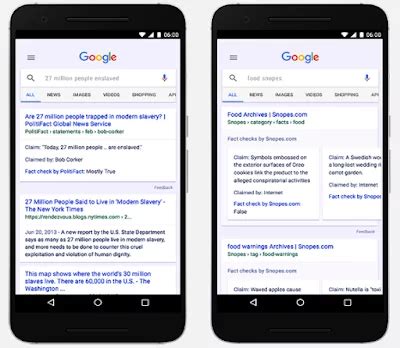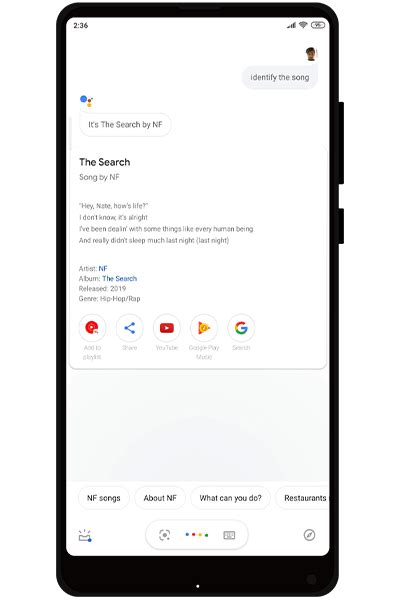Choosing the right Vision Service Plan (VSP) provider is crucial for ensuring comprehensive eye care coverage, especially when navigating the legal and insurance aspects of healthcare. In this guide, we’ll explore the top VSP providers, highlighting their key benefits, coverage options, and the legal considerations you should be aware of when selecting a plan. We’ll also compare leading providers to help you make an informed decision, and discuss how VSP plans integrate with existing insurance policies. Whether you’re an individual seeking coverage or a legal professional advising clients, this article offers valuable insights to help you choose the best VSP provider for your specific needs.
Dive deep into this topic alongside alijyun.com
1. Overview of VSP (Vision Service Plan) Providers
Vision Service Plan (VSP) providers specialize in vision care coverage, often offered through employer-sponsored plans or individual policies. Focused on maintaining optimal eye health, VSP providers collaborate with a network of eye care professionals, such as optometrists and ophthalmologists, to deliver services like routine eye exams, prescription glasses, and contact lenses. By offering diverse plan options tailored to various needs and budgets, these providers strive to make high-quality eye care accessible and affordable for everyone.
VSP providers are renowned for their flexibility, offering members the freedom to choose from a diverse selection of eye care professionals. They also provide discounts on additional services, such as LASIK surgery. Furthermore, VSP integrates seamlessly with other health insurance plans, streamlining the management of overall healthcare for policyholders. For individuals seeking comprehensive vision care while balancing cost and coverage, understanding the fundamental benefits of VSP providers is crucial.

2. Key Benefits and Coverage Options
VSP providers are highly sought-after for vision care due to their numerous advantages. Notably, their extensive network of eye care professionals offers members a wide selection of optometrists and ophthalmologists, empowering them to find the perfect fit for their individual needs and preferences. This flexibility ensures access to quality care. Furthermore, VSP plans typically cover essential services such as annual eye exams, prescription glasses, and contact lenses, facilitating both routine and corrective vision management.
VSP providers offer discounts on premium lens options, designer frames, and even elective procedures like LASIK, making advanced vision care more affordable. Customizable plans are available to accommodate specific needs, offering tailored benefits. VSP plans frequently integrate seamlessly with other health insurance policies, simplifying overall healthcare management. This comprehensive coverage and flexibility make VSP providers an excellent choice for maintaining eye health while managing costs.

3. Legal Considerations for Choosing a VSP Provider
Choosing a VSP provider demands careful consideration of legal aspects to guarantee the plan’s alignment with regulations and personal or organizational needs. A key factor is the contract between the provider and the insured. Scrutinizing the contract terms, particularly those concerning coverage limits, exclusions, and cancellation policies, is crucial. This thorough review safeguards against unforeseen costs or coverage gaps.
VSP plans must comply with state and federal health insurance regulations, including the Affordable Care Act (ACA). Some VSP plans may need to meet specific standards to qualify as minimum essential coverage under the ACA, impacting both individual and employer responsibilities. Furthermore, the privacy and security of personal health information under the Health Insurance Portability and Accountability Act (HIPAA) must be addressed. It is crucial to ensure VSP providers adhere to HIPAA guidelines to safeguard sensitive patient data.
Finally, employers who include VSP plans in their employee benefits package must confirm their plan’s compliance with the Employee Retirement Income Security Act (ERISA) to prevent potential legal issues.

4. Comparison of Leading VSP Providers
Choosing the right VSP provider involves careful consideration of factors like network size, coverage options, cost, and customer satisfaction. Leading VSP providers, such as EyeMed, Davis Vision, and UnitedHealthcare Vision, each offer distinctive benefits that cater to a variety of needs.
EyeMed is a popular choice for those seeking flexible and convenient vision care. Its extensive network of providers includes a wide array of retail locations, such as LensCrafters and Target Optical. EyeMed offers competitive pricing and a range of plans, ensuring that members can find an option that fits their needs. Additionally, EyeMed provides significant discounts on supplementary services like LASIK and premium lens options.
Davis Vision prioritizes affordability without compromising quality care. They offer low out-of-pocket costs for regular eye exams and a wide range of frames and lenses. Employers frequently choose Davis Vision for its budget-friendly group insurance plans.
UnitedHealthcare Vision stands out for its extensive coverage and dedicated customer support. Its seamless integration with other UnitedHealthcare plans makes it an ideal choice for individuals seeking a streamlined healthcare experience. Furthermore, the provider offers a range of discounts and wellness programs, enhancing the overall value proposition.
Every provider possesses unique strengths, making the ideal choice contingent upon individual preferences. Factors to consider include the extent of the network, pricing, and specific coverage requirements.
5. How VSP Providers Integrate with Insurance Policies
VSP providers are built to work seamlessly with current insurance policies, making the process easy for individuals and employers. Many VSP plans can be added as extra coverage to existing health insurance, providing additional vision benefits without making managing overall healthcare complicated. This integration facilitates smooth coordination of benefits, guaranteeing that services covered by both plans are applied correctly and minimizing out-of-pocket expenses.
Employers can seamlessly incorporate VSP plans into their employee benefits packages, complementing health insurance offerings to provide comprehensive coverage. This integration streamlines administrative tasks, simplifying enrollment, claims processing, and compliance with regulations such as the Affordable Care Act (ACA) and the Employee Retirement Income Security Act (ERISA).
Furthermore, VSP providers collaborate with prominent insurance carriers, enabling members to utilize their vision benefits in tandem with other healthcare services. This adaptability ensures individuals can maintain comprehensive coverage while accessing specialized vision care, making VSP providers a desirable option for augmenting overall health insurance plans.
Choosing the right VSP provider is crucial for comprehensive vision care. By understanding the benefits, coverage options, and legal considerations, you can make an informed decision that aligns with your needs. Comparing leading providers helps identify the best fit based on network size, cost, and additional benefits. Integration with existing insurance policies simplifies management and enhances overall healthcare. By following these tips, you can select a VSP provider that offers valuable coverage, flexibility, and customer satisfaction, ensuring your vision care needs are well met.
alijyun.com

